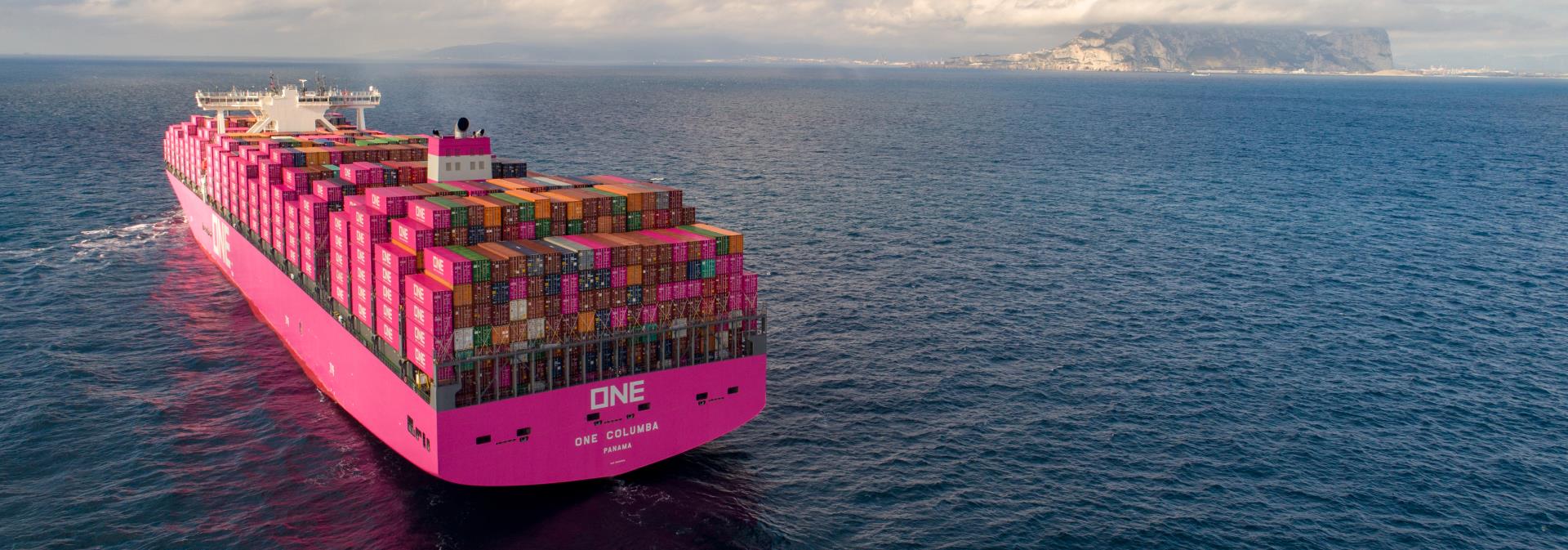Ocean Network Express (ONE) announced the successful completion of a second trial of sustainable marine biofuel onboard the M/V MOL Experience as part of its decarbonization efforts.
In a statement, the shipping line said the specifications of the second trial were different from the first trial, with the mixing ratio three times higher in biofuel content, taking ONE another step closer to reducing its carbon footprint.

"M/V MOL Experience was refueled with marine biofuel during bunkering at the Port of Rotterdam, the Netherlands on March 7. The vessel, deployed in AL5 service, fully consumed the biofuel 24 days into the 36-day trial period, which ended on April 12," ONE said.
As with the first trial, the bunkering and testing period was performed in collaboration with shipowner Mitsui O.S.K. Lines and the leading sustainable biofuel pioneer GoodFuels.
ONE said the success of the trial once again proves the viability of sustainable biofuels while helping ONE to meet its carbon reduction targets by 2030 and 2050 respectively.
Biofuel is a fuel that is derived from renewable sources. The advanced biofuel used in the trial is produced from certified feedstocks labeled as 100% waste or residue, such as used cooking oil.
Biofuels are considered to be carbon-neutral because the carbon dioxide absorbed by the source of the biomass is equal to the carbon dioxide released when the fuel is burned.
It has been gaining attention around the world as an environmentally friendly alternative to fossil fuels.
Decarbonization push
"The biofuel trial marks a positive step forward for ONE’s sustainability initiatives, which includes four areas of priority: Environment; Social; Governance; and Operational Excellence. The use of biofuels will help address its environmental sustainability targets," it added.
The liner aims to reduce carbon dioxide emissions (in gram/teu-km) by 25% from its 2018 baseline by 2030, and by 50% by 2050.
“The second trial was a big challenge for us because of the higher content ratio of biofuel. We are really happy to have completed the trial without any problem. We will continue to study biofuel usage for ONE’s fleet, as we have the ambition to use biofuels in high ratio and large quantities to decarbonize our fleet,” said Takashi Mishima, general manager of Fleet Management, ONE.